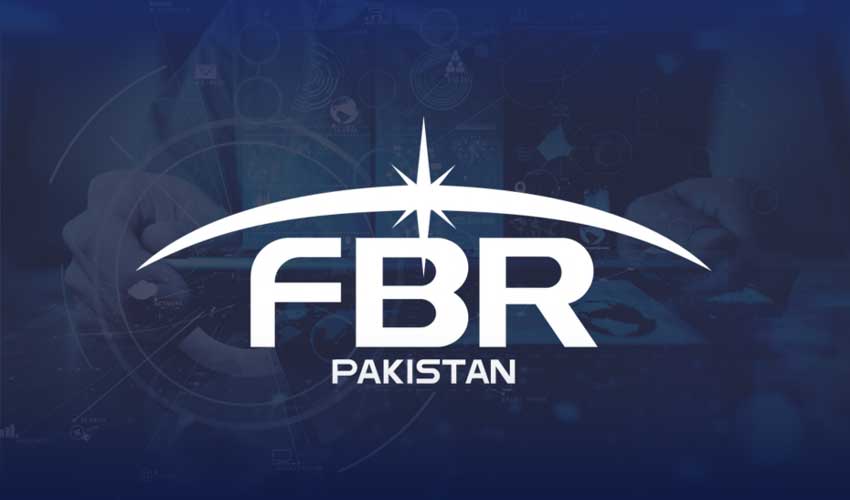In a candid admission, the Chairman of Pakistan’s Federal Board of Revenue (FBR) has revealed the troubling reality of corruption within the tax collection agency. This public acknowledgment has raised concerns over the efficacy of the department’s operations and underscores the significant hurdles that Pakistan’s tax system continues to face in its efforts to generate revenue and curb illegal practices.
The FBR Chairman’s statements have prompted further discussions about the need for comprehensive reforms within the organization, especially as the government strives to enhance transparency and tackle corruption head-on. His remarks also come at a time when Pakistan is pushing to improve its international reputation in terms of governance and accountability, with global stakeholders keeping a close eye on the country’s economic recovery.
Acknowledging the Challenges Within FBR
The Federal Board of Revenue (FBR), tasked with collecting taxes, ensuring compliance, and regulating the country’s financial systems, has long been plagued by issues related to inefficiency and corruption. In his recent statement, the FBR Chairman admitted that corrupt practices within the department have not only hindered its performance but have also contributed to widespread tax evasion, which remains a persistent issue in Pakistan.
For years, the FBR has struggled to meet its revenue targets, a challenge exacerbated by the involvement of some officials in corrupt activities. These corrupt practices often include bribery, embezzlement, and collusion with businesses to evade taxes, making it difficult for the government to collect adequate revenue for public services and infrastructure.
The Need for FBR Reforms
The admission of corruption comes as part of a broader effort by the Pakistani government to reform and modernize its public institutions, including the FBR. The Chairman has acknowledged that a series of reforms is urgently needed to address these deep-rooted issues, with a focus on improving internal controls, enhancing transparency, and promoting accountability.
Experts believe that restructuring the FBR, implementing stricter monitoring mechanisms, and encouraging whistleblowing could help eradicate corruption from the department. Furthermore, better training and resources for FBR officials are essential to ensure that tax collection is carried out efficiently and fairly.
Impact of Corruption on Pakistan’s Economy
The ongoing corruption within the FBR has severe implications for Pakistan’s economy. Tax evasion, facilitated by corrupt practices, reduces the government’s revenue collection capacity, leading to budget deficits and a reliance on foreign loans. This not only undermines Pakistan’s fiscal health but also hampers its ability to fund critical public services like healthcare, education, and infrastructure development.
Moreover, a lack of faith in the tax system further discourages voluntary compliance from businesses and individuals, exacerbating the cycle of low revenue collection and insufficient government spending.
Government’s Response to the Corruption Issue
In response to the FBR Chairman’s admissions, the government has reiterated its commitment to tackling corruption and improving the tax administration. Plans for reforming the tax system are already underway, with a focus on digitalization and automation of tax processes, which are expected to reduce human intervention and minimize the opportunity for corrupt practices.
The government has also hinted at the possibility of strengthening the legal framework for anti-corruption measures, ensuring stricter penalties for those found guilty of misconduct. Such initiatives are designed to restore public trust in the FBR and enhance the department’s efficiency in collecting taxes.
The Road Ahead for FBR
As the FBR continues to navigate its internal challenges, the future of Pakistan’s tax system hinges on the successful implementation of these reforms. It will require a concerted effort from both the government and the FBR leadership to root out corruption, improve performance, and build a transparent, accountable system that benefits all citizens.
The FBR Chairman’s admission, while an important first step, signals that the road ahead remains long and difficult. However, with sustained political will and comprehensive reforms, there is hope that Pakistan can begin to transform its tax system into a model of efficiency and integrity.
Conclusion: A Wake-Up Call for Reform
The FBR Chairman’s acknowledgment of corruption within the department serves as a wake-up call for the government and policymakers. It highlights the urgent need for reforms that address not only the symptoms of corruption but also the systemic issues that allow such practices to persist. With the right measures in place, there is potential for a more effective and transparent FBR, which could play a crucial role in Pakistan’s economic development.



Comments (0)
No comments yet. Be the first to comment!
Leave a Comment